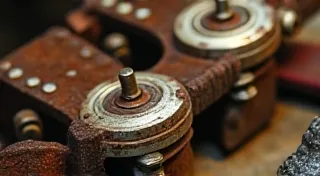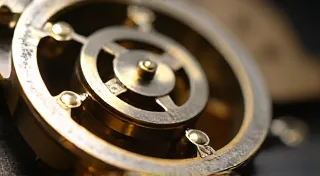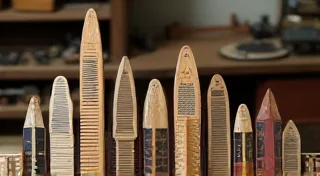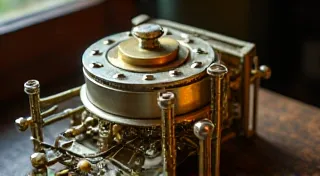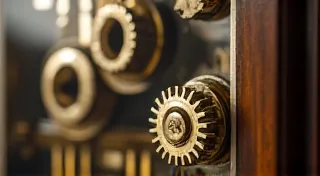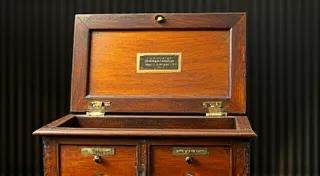Finding Parts and Resources for Antique Music Box Repair
Repairing antique music boxes is a rewarding, albeit challenging, hobby. A significant hurdle for many restorers is sourcing the necessary parts and tools. This article explores resources available to help you find those essential items, from common components to more specialized parts.
Understanding What You Need
Before you begin your search, it's important to understand what parts you're likely to need. Common replacement items include:
- Comb Teeth: These are often brittle and break easily. Finding exact replacements can be difficult, but some suppliers offer generic comb teeth that can be adapted.
- Pins: The tiny pins on the comb that engage with the disc are fragile and prone to loss or damage.
- Cylinders: For cylinder music boxes, complete cylinder replacements are rare, but individual pin placements can sometimes be repaired or replicated.
- Springs: Mainsprings and smaller springs power the music box's mechanism and frequently weaken over time.
- Gears: These are crucial for the drive mechanism and are susceptible to wear and breakage.
- Discs/Rolls: Replacement discs (for disc music boxes) or rolls (for roll music boxes) are rare but sometimes available.
- Jewels/Bearings: These reduce friction and wear and can become damaged or lose their lubrication.
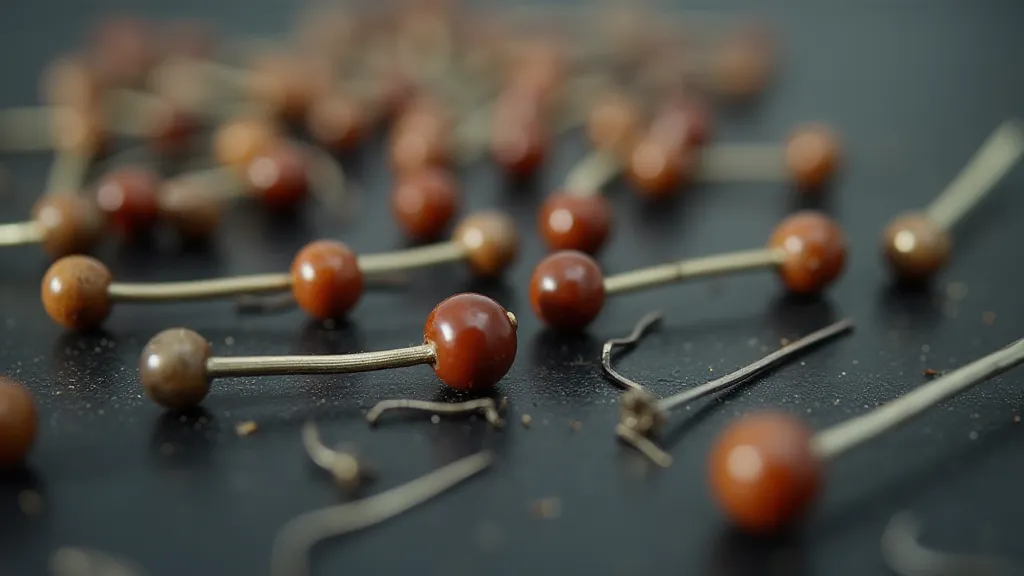
Online Vendors – A Good Starting Point
Several online vendors specialize in parts for antique toys and mechanical music devices. While finding exact replicas can be rare, these vendors often carry generic components that can be adapted. Consider the following:
- eBay: A vast marketplace with a constantly changing inventory. Search using specific keywords like "music box parts," "antique toy repair," or "mechanical music parts." Be sure to thoroughly research sellers before purchasing.
- Specialized Antique Toy Parts Websites: Several websites cater specifically to antique toy and mechanical music repair. These sites often have knowledgeable staff who can assist you in finding the right parts. *Note: Since you have requested no links, I am unable to list any specific websites.*
- Auction Sites: Antique auctions can occasionally offer parts or entire music boxes that can be harvested for components.
Specialist Suppliers – For the More Challenging Repairs
For more complex repairs requiring specialized parts, you may need to seek out specialist suppliers. These vendors often cater to professional restorers and offer higher-quality components. Finding these can require more research:
- Clock Repair Shops: Clock repair shops often have a selection of springs, gears, and other mechanical components that can be adapted for music box repair.
- Machine Shops: A skilled machinist can fabricate custom parts if an original component is unavailable. This is a more expensive option but allows for a precise replacement.
- Music Box Repair Professionals: Contacting professional music box repairers can sometimes yield leads on parts suppliers or even the availability of surplus components.
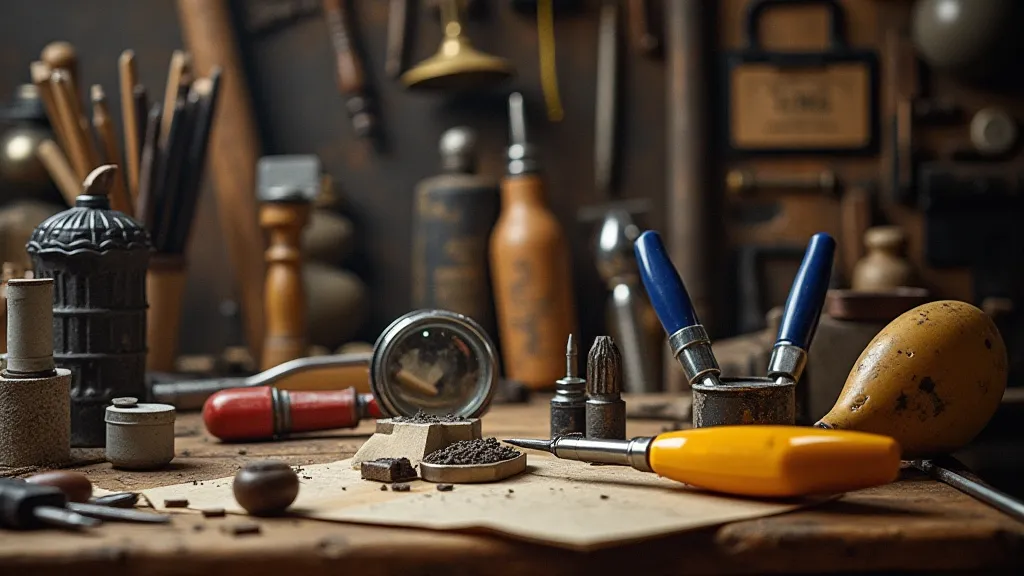
Tools of the Trade
Having the right tools is just as important as having the right parts. Essential tools for antique music box repair include:
- Small Screwdrivers: A set of precision screwdrivers is crucial for handling delicate screws.
- Tweezers: Fine-tipped tweezers are necessary for manipulating small pins and other components.
- Magnifying Glass or Loupe: Allows for close examination of intricate mechanisms.
- Pivot Burnisher: Used for cleaning and burnishing pivot points on gears and shafts.
- Jeweler’s Screwdriver Set: Essential for delicate screw sizes.
- Oil: Specialized oil for lubrication of mechanical parts.
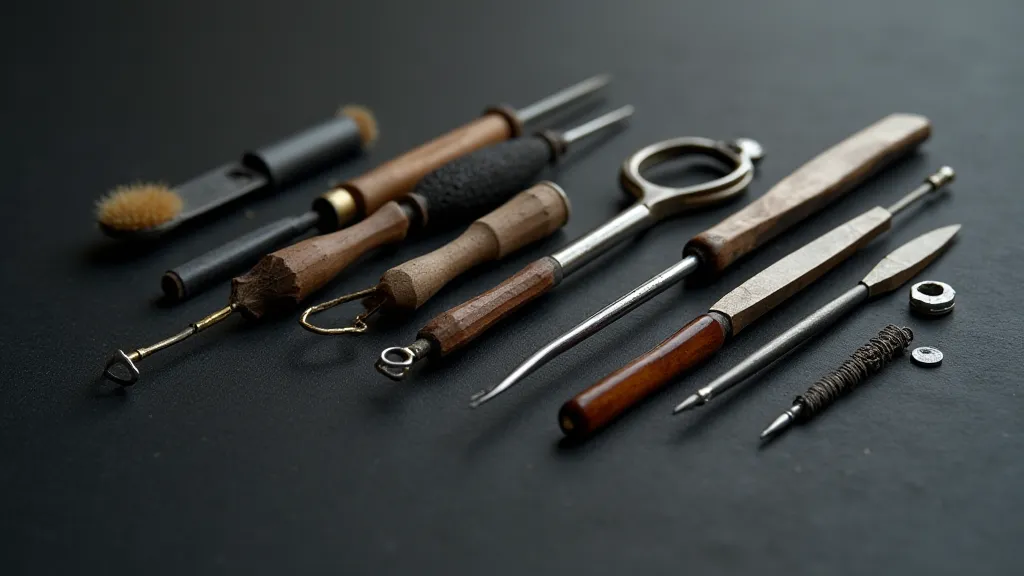
Conclusion
Finding parts and resources for antique music box repair requires patience, research, and sometimes, a bit of ingenuity. By exploring online vendors, specialist suppliers, and utilizing the right tools, you can increase your chances of successfully restoring these fascinating pieces of history.
